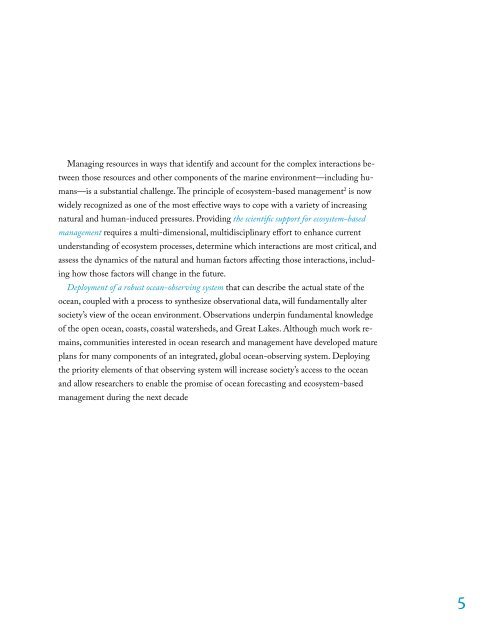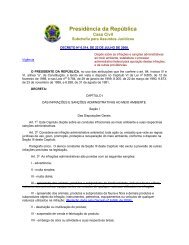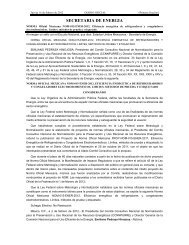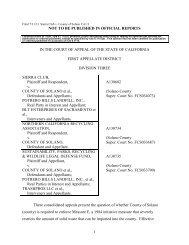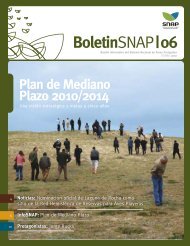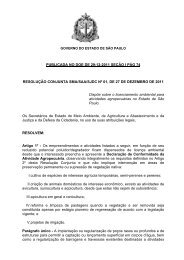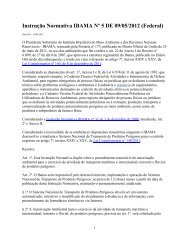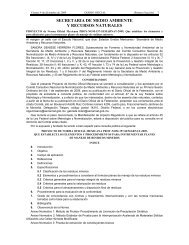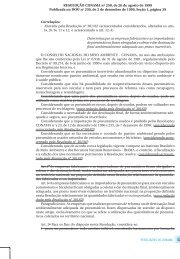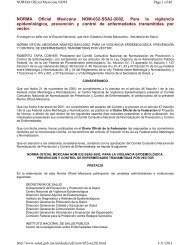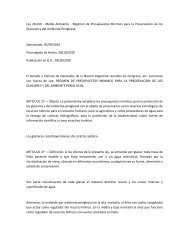OceAn science OceAn science OceAn science
OceAn science OceAn science OceAn science
OceAn science OceAn science OceAn science
Create successful ePaper yourself
Turn your PDF publications into a flip-book with our unique Google optimized e-Paper software.
Managing resources in ways that identify and account for the complex interactions between<br />
those resources and other components of the marine environment—including humans—is<br />
a substantial challenge. The principle of ecosystem-based management 2 is now<br />
widely recognized as one of the most effective ways to cope with a variety of increasing<br />
natural and human-induced pressures. Providing the scientific support for ecosystem-based<br />
management requires a multi-dimensional, multidisciplinary effort to enhance current<br />
understanding of ecosystem processes, determine which interactions are most critical, and<br />
assess the dynamics of the natural and human factors affecting those interactions, including<br />
how those factors will change in the future.<br />
Deployment of a robust ocean-observing system that can describe the actual state of the<br />
ocean, coupled with a process to synthesize observational data, will fundamentally alter<br />
society’s view of the ocean environment. Observations underpin fundamental knowledge<br />
of the open ocean, coasts, coastal watersheds, and Great Lakes. Although much work remains,<br />
communities interested in ocean research and management have developed mature<br />
plans for many components of an integrated, global ocean-observing system. Deploying<br />
the priority elements of that observing system will increase society’s access to the ocean<br />
and allow researchers to enable the promise of ocean forecasting and ecosystem-based<br />
management during the next decade


